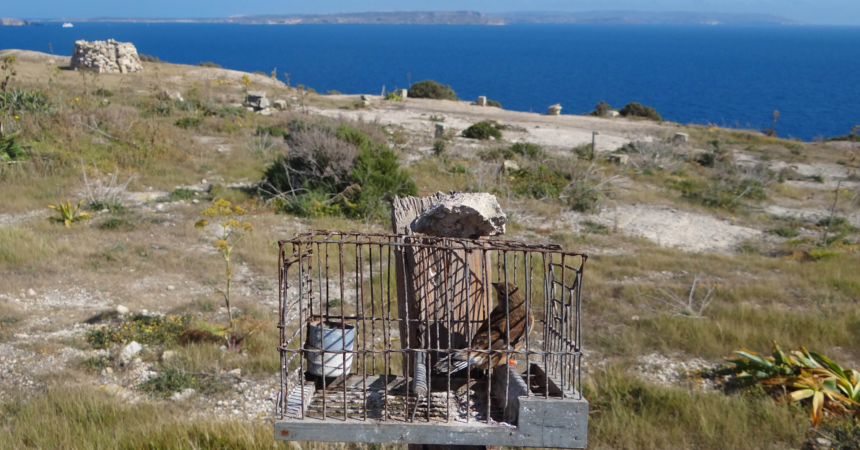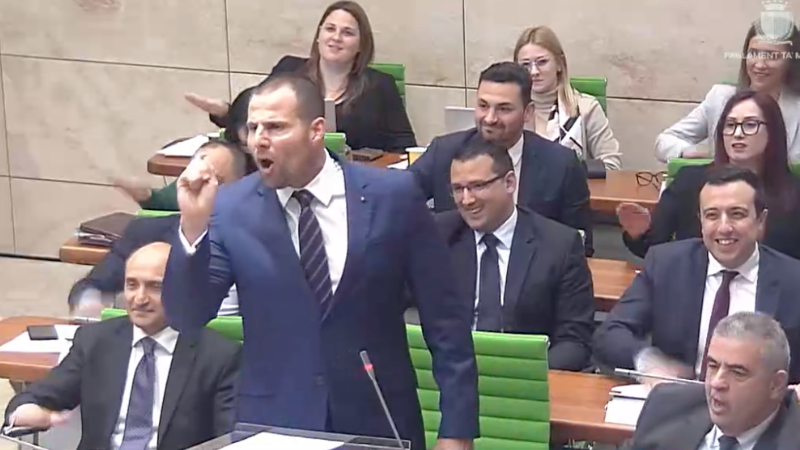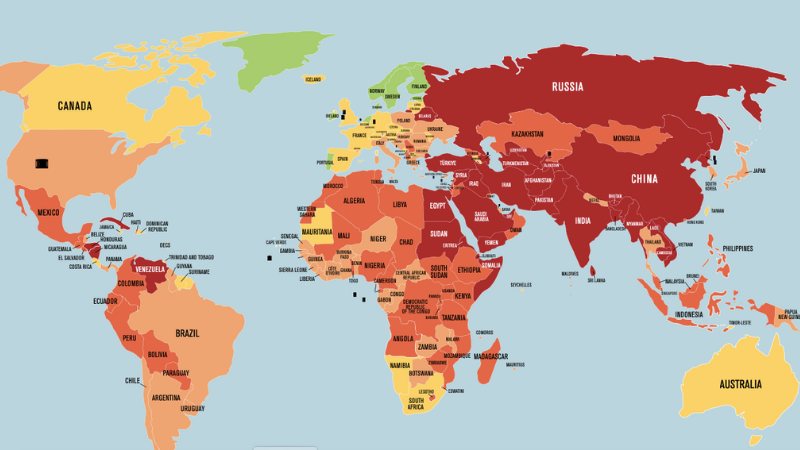Environmental NGO Birdlife Malta has submitted a report to the European Court of Justice with its findings on the yearly finch-trapping season, calling it “an embarrassment to science.”
The report was submitted to the court ahead of an upcoming hearing raised by the European Commission against Malta for its controversial yearly trapping derogations for ‘scientific research.’ The case will be first heard on Thursday.
Birdlife claimed its research, based on the October-December 2023 finch-trapping season, shows that there were more illegal than legally registered trapping sites. Even those sites which were legally registered were “observed abusing the derogation conditions, with finches caught and kept in all cases.”
The Autumn 2023 finch-trapping season was announced last October in what Birdlife called a “smokescreen” derogation. Some 2,600 sites were legally permitted to trap finches for ‘research’.
Extrapolating data from Birdlife’s observations, Head of Conservation Nicholas Barbara said that just from permitted sites, “a minimum of 51,400 finches have been trapped and taken into captivity during the past season.”
“This is a far cry for any scientific research activity which the derogation is supposedly aimed for,” he said.
Birdlife Malta CEO Mark Sultana said the NGO is confident the Commission “will put an end to this trapping derogation once and for all,” calling it “an embarrassment to science,” and a breach of Malta’s EU accession treaty and previous EU court judgements.
The Shift has reported how in preparation for the EU court case, the Maltese government has paid a Spanish legal expert at least €111,000 to provide legal defence.
Opening a Finch trapping season for ‘research’ requires Malta to adopt a derogation regime to depart from regulations under the European Commission’s 2009 Birds Directive. This is the second EU court case against such derogations.
The European Commission had already launched infringement proceedings against trapping, which saw the ECJ ruling them unlawful in 2018. Malta defied the ruling and opened a trapping season for ‘research’ purposes.
Subsequently, the Commission issued a letter of formal notice in December 2020 and a reasoned opinion in June 2021. Following unsatisfactory answers by the Maltese government, the Commission referred the issue to the EU Court of Justice in November 2021, raising the current case.













